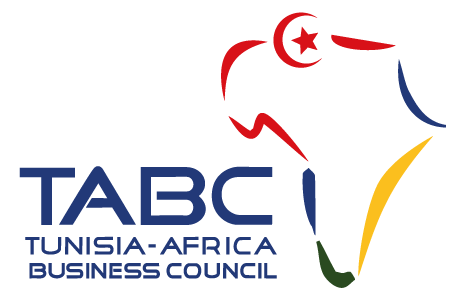
- Author Mondher Khanfir
- Lieu TABC
New realities, new challenges in the path of African prosperity
Since the announcement of the signing of a Continental Free Trade Agreement (CFTA), at the African Union Summit, held in March 2018 in Kigali, in Rwanda, followed at the end of July by the ECOWAS-EAEC Joint Summit in Lomé, in Togo, history seems to be accelerating in Africa. Likewise, all the shrewd eyes are more than ever focused on the African continent, for what it represents as a source of growthand investment perspective. The recent accession of Tunisia to the COMESA and the imminent approval of the Kingdom of Morocco candidacy to ECOWAS augur a strengthening of intracontinental technical, trade and financial cooperation.
For recall, the Continental Free Trade Area, one of the highlights of the 2063 agenda of the African Union, has been in discussion since 2012. It would create a common market whose cumulative GDP would be around $ 2.5 trillion. With this agreement, which will be implemented by 2019, at least for the 44 signatory countries, intra-African trade is expected to double by 2030, with Africa’s GDP surpassing 4% from 2020, according to the African Development Bank.
Growth in trade remains the engine of investment, productivity and job creation. And Africa seems finally ready to assume and formulate policies of intelligent commercial liberalization and more ambitious targets on global value chains. However, for regional integration to have a positive and equitable impact on partner countries, it must be based on the availability of information, transparency and the speed of transactions. As said the famous historian and Malian writer, Massa Makan Diabaté « the trade is above all and especially the speed in the displacements and the conclusion of transactions ». Most African countries, even if in scattered ranks, is arriving there.
A fragmented continent, with 55 countries, each of which has its own development model, mastering only a very small part of industry and trade, even of their own natural resources, with weak governance, disparate regulatory frameworks, faulty information systems, will Africa be able to fulfill the ambitions of its population of 1.2 billion inhabitants, which will double within a generation? How to deal with youth under 25, which represents almost two thirds of the African population, and who is rather looking for its future outside the continent? Will Africa be able to produce the 500 million new jobs needed to meet the labor market entry of young graduates by 2030?
In fact, Africa will not be able to meet all these challenges without technological catch-up, leading to better planning of urbanization and strengthening of education and public health systems. The interest of joining a united economic bloc is justified only if it brings palpable fruits to the whole population. And if it gives African entrepreneurs, the ones from the Diaspora community specifically, the chance to invest in their homeland and to transform the economic reality of their countries. Economic integration is correlated with technological integration. Cross-borders fertilization induced by technology transfers and investments pooling will be decisive to consolidate sustainable development as well. It is only under this condition that Africa could pretend to become an area of prosperity!
